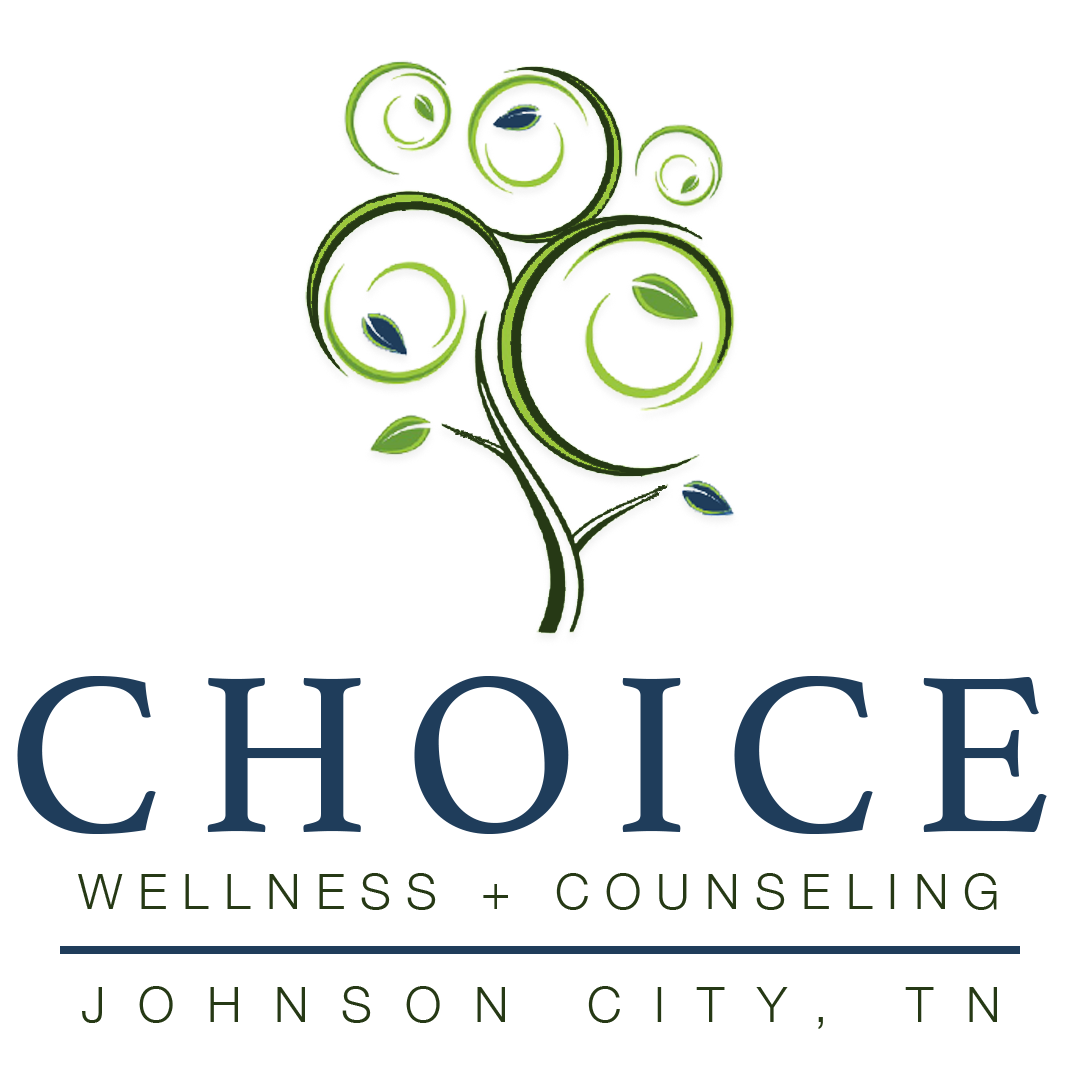Choosing Rest
Posted by Phyllis Fox on Jan 25, 2021 in Health Blog, Uncategorized | Comments Off on Choosing Rest
When was the last time you felt rested? Do you remember how rest feels? The muscles in you face and neck are soft and flexible. You have a whole-body sense of “ahhh.” You aren’t rushed or in a hurry. Choosing rest means that you feel rejuvenated and relaxed. Best of all, you don’t feel stressed-out.
If you are thinking, “I don’t have time for this right now,” or “Are you kidding me! I can’t slow down with so much to do,” may I suggest that resting may actually help you get more done? Plus taking time to rest will help protect your mind and body from many of the damaging effects of long-term stress.
Rest and sleep are two of many methods of self-care. Rest and sleep are not the same thing. We recognize the need to sleep every night, but we rarely think about the need to refresh our bodies, minds, and spirits with rest.
Choosing rest is a time to unwind. Perhaps rest looks like time to read a book, go for a run, practice prayer and/or meditation, enjoy a hike or take a long walk. Maybe rest is a day at the lake without cell service or a day spent with family and good food. One thing is certain, rest needs to happen more than when you are on vacation once or twice per year.
Benefits of Rest
Let’s start with how rest aids your body. Permitting yourself to rest will lower your cortisol, the primary stress hormone. Less cortisol will help protect you from heart disease and strokes which can happen at any age. Choosing rest makes time to retreat from the busyness of daily life. This can increase your immunity and decrease your risk of chronic disease such as cancer and diabetes. Perhaps one of the most notable benefits of getting more rest is the ability to lose weight because cortisol contributes to an increase in your appetite. Our bodies need cortisol to function properly, but elevated levels of cortisol increase our levels of inflammation that lead to poor digestion, premature aging, and increased risk for dementia.
Rest improves your mental and emotional resilience. High levels of cortisol reduce your levels of dopamine and serotonin. Low levels of these two neurotransmitters contribute to depression, anxiety, and difficulty sleeping. People that experience constant stress are often moody and forgetful. They may find it difficult to focus and they experience a sense of being overwhelmed. Excessive stress reduces our creativity, short-term memory, and ability to solve problems.
Choices to Get More Rest
 Everyday, take a break. Maybe you need to stop for 10 minutes every couple of hours during a busy workday. Stand up and stretch. Take a few steps. Think about a relaxing experience such as the first time you saw the ocean or the spectacular views within the Grand Canyon. These thoughts will give your mind a break. Walk away from your computer, step away from Zoom, and give yourself five minutes to slow down, breathe deeply and relax.
Everyday, take a break. Maybe you need to stop for 10 minutes every couple of hours during a busy workday. Stand up and stretch. Take a few steps. Think about a relaxing experience such as the first time you saw the ocean or the spectacular views within the Grand Canyon. These thoughts will give your mind a break. Walk away from your computer, step away from Zoom, and give yourself five minutes to slow down, breathe deeply and relax.
Everyday, take 10-15 minutes for meditation. The mental and physical benefits of meditation are well documented. Mindfulness practices encourage us to be present in the moment and with people we love. In “Stress Less, Accomplish More,” the author, Emily Fletcher, emphasizes the benefits of the 3M’s: mindfulness, meditation, and manifestation. Fletcher says, “Mindfulness helps you deal with stress in the present moment, meditation gets rid of stress from the past, and manifesting helps you create your dreams for the future.” Manifesting comes from a heart of gratitude. It inspires us to make space for more joy in our lives.
Take a tech break, every day. Turn off the cell phone and shut down the computer. Unplug during lunch and be fully present with coworkers or family. Technology is addictive and threatens to overtake our lives. To get a good night’s sleep, turn off everything one-two hours before bed.
Once a week, take a Sabbath day of rest. The word Sabbath literally means “to stop.” In “The Ruthless Elimination of Hurry,” John Mark Comer writes, “But Sabbath is more than just a day; it’s a way of being in the world. It’s a spirit of restfulness that comes from abiding, from living in the Father’s loving presence all week long.” If God rested on the seventh day after creating the universe, what do you need to do to have a Sabbath practice? Take a day each week where you stop working and striving. Simply enjoy a day of rest. It’s a gift that you give yourself, a day where you do things that bring you pleasure.
Sleep is critical to our well-being but sleep alone cannot restore our feelings of rest and relaxation. Choosing rest is a lifestyle habit where we lower our stress to improve our health. It is critical to our longevity and vitality. Rest, sweet rest. Try it and see how it affects your mental and physical health.
Phyllis Fox
Master Certified Health Coach
Do you need a mentor to help you develop life-giving behaviors? As a health coach, I am dedicated to encouraging people seeking a fulfilling life through nutrition and exercise along with positive lifestyle choices and active self-care. Learn more about how to have a life of vibrant health that will impact the people you love and the world you serve.


